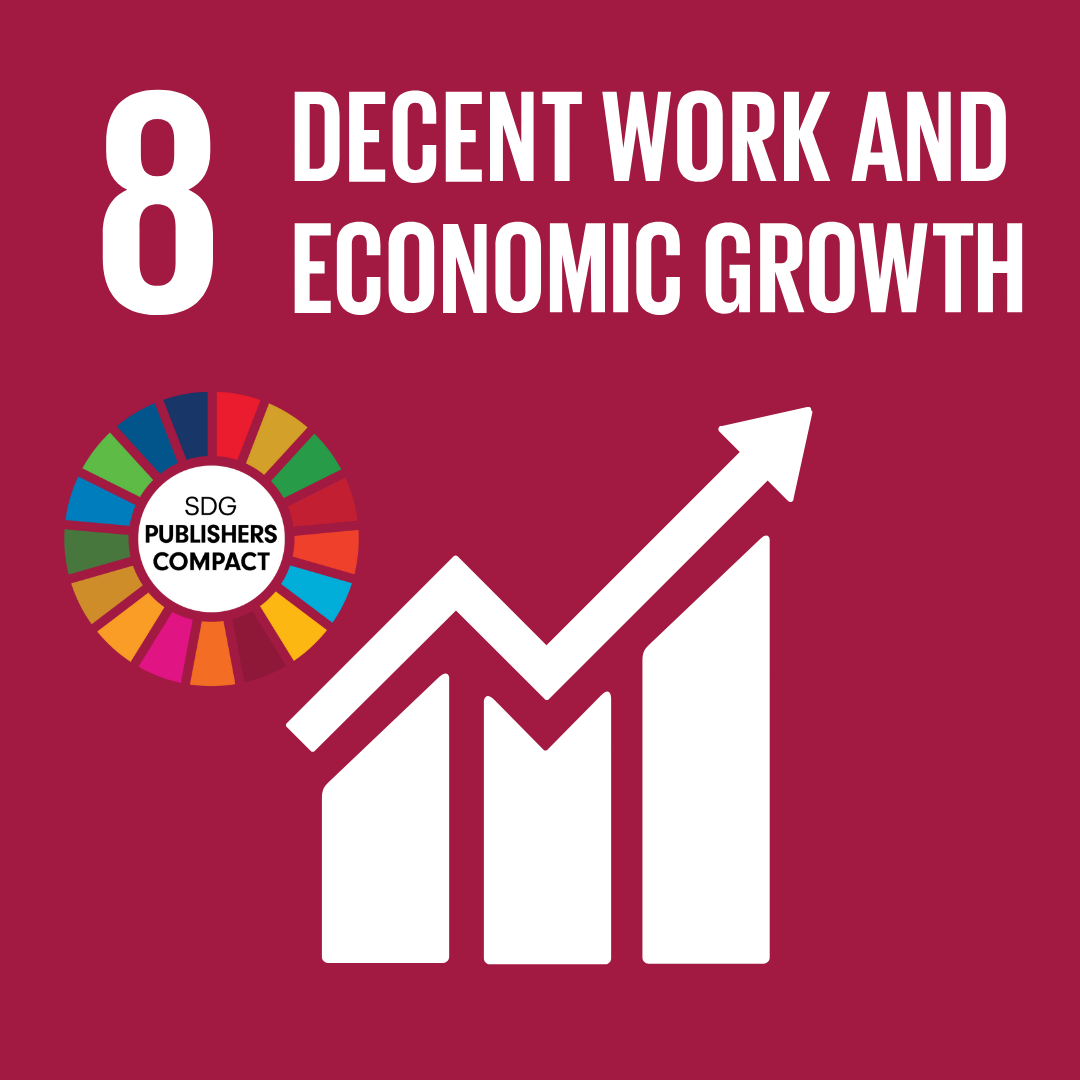Adaptations generated to minimize impacts on foreign trade due to SARS-COV 2: Analysis of the business context
DOI:
https://doi.org/10.24883/eagleSustainable.v14i.448Keywords:
Pandemic, Foreign trade, Imports, Exports, Adptations Implemented, International tradeAbstract
Purpose: This research aims to identify the adaptations that Brazilian companies operating in foreign trade have implemented in their operations to mitigate the effects caused by the Covid 19 pandemic on imports and exports in the context of foreign trade.
Methodology/approach: To enable the achievement of the proposed objectives, a bibliographic literature review was carried out, that is, the scope of the research was broad so that it was possible to identify the actions implemented by companies operating in foreign trade to mitigate the effects caused by COVID-19 pandemic. The articles were collected in the SPELL, Scielo and Google Scholar databases. The data analysis technique used was content analysis (Bardin, 1977).
Originality/Relevance: The article addresses a topic of great importance, there are no studies that identified the actions that were implemented by Brazilian companies in a broad way to mitigate the effects of the Covid-19 pandemic. There are fragmented studies that did not consolidate all the actions that were implemented in the pandemic scenario.
Key findings: The main actions implemented by Brazilian companies operating in foreign trade to mitigate the effects of the Covid-19 pandemic were the reinforcement of hygiene processes, dismissal of employees, changes in meeting methodology and adoption of remote work by their employees
Theoretical/methodological contributions: This research is expected to contribute to the literature on crises, more specifically crisis mitigation strategies, given that the pandemic was a disruptive event and impacted commercial operations around the world. The study also presents managerial contributions, as managers can use the findings of this research to implement actions that aim to reduce damage in other crisis.
Downloads
References
Amaral, D. M. et al. (2022). Saúde mental no ambiente de trabalho: saúde mental dos trabalhadores da área da saúde durante a pandemia. Revista Interdisciplinar de Trabalho, 8. Recuperado de https://www.rit.openjournalsolutions.com.br/index.php/rit/article/view/82/30
Andrade, R. S. (2008). Desempenho do setor agroexportador baiano: uma análise de 1989 a 2007. Salvador: Repositório IFBA.
Bueno, S. (2023, 29 de agosto). Entenda os impactos do Coronavírus no Comércio Exterior. Faz COMEX. Recuperado de [URL]
Cançado, V. L., & Santos, M. C. (2014). Reação à Mudança Organizacional: A implantação do Lean Thinking na Empresa Beta. Revista Gestão & Tecnologia, 14(1), 100-125.
Deloitte. (s.d.). Ações empresas pandemia. Recuperado de https://www2.deloitte.com/br/pt/pages/about-deloitte/articles/10-ações-empresas-pandemia.html
Gonçalves, L. S. V. (2010). A família e o portador de transtorno mental: Estabelecendo um vínculo para a reintegração à sociedade. Manhuaçu: Repositório UFMG. Recuperado de https://repositorio.ufmg.br/bitstream/1843/BUBD-9CXH34/1/tcc_liana_sousa_v._gonalves.pdf
Ignaczuk, C. (2020, 19 de outubro). Como as empresas estão enfrentando a Covid-19 para retomar suas atividades com segurança. MOVIDESK. Recuperado de https://conteudo.movidesk.com/como-as-empresas-estao-lidando-com-o-coronavirus/
Oliveira, P. R. S. (2020, 28 de agosto). Impactos da Pandemia de Covid-19 sobre a Economia Brasileira. Blogs UNICAMP. Recuperado de https://www.blogs.unicamp.br/covid-19/impactos-da-pandemia-de-covid-19-sobre-a-economia-brasileira/
Scandiuzzi, F., Oliveira, M. M. B., & Ferraresi de Araújo, G. J. (2011). A logística no comércio eletrônico B2C: Um estudo nacional multi casos. Caderno de Administração, 19(1), 1-12.
Scherer, I. B. (2012). Processo da resiliência e os fatores associados ao comportamento do empreendedor diante do insucesso empresarial. Santa Maria: Repositório UFSM. Recuperado de https://repositorio.ufsm.br/bitstream/handle/1/4628/SCHERER,%20ISABEL%20BOHRER.pdf
Silva, L. M. (2018). Planejamento estratégico para exportação: relevância para inserção no mercado internacional. João Pessoa: Repositório UFPB. Recuperado de https://repositorio.ufpb.br/jspui/bitstream/123456789/20397/1/TCC%20LETICIA%20MONTEIRO%20SILVA%20-%20APROVADO%20-%2011412956.pdf
Sprenger, L. (2023, 12 de setembro). Veja quais são as diferenças entre Exportação e Importação. Faz COMEX. Recuperado de https://www.fazcomex.com.br/comex/diferencas-entre-exportacao-e-importacao/
Vitorino, J. da S. (2022). Empresas em tempos de crise: Análise do mercado logístico alimentício brasileiro durante o período da pandemia da covid-19 [Dissertação de mestrado, Instituto Federal da Paraíba.

Downloads
Published
How to Cite
Issue
Section
License
Copyright (c) 2024 Iberoamerican Journal of Competitive Intelligence

This work is licensed under a Creative Commons Attribution 4.0 International License.
Authors who publish with this journal agree to the following terms:
1. Authors who publish in this journal agree to the following terms: the author(s) authorize(s) the publication of the text in the journal;
2. The author(s) ensure(s) that the contribution is original and unpublished and that it is not in the process of evaluation by another journal;
3. The journal is not responsible for the views, ideas and concepts presented in articles, and these are the sole responsibility of the author(s);
4. The publishers reserve the right to make textual adjustments and adapt texts to meet with publication standards.
5. Authors retain copyright and grant the journal the right to first publication, with the work simultaneously licensed under the Creative Commons Atribuição NãoComercial 4.0 internacional, which allows the work to be shared with recognized authorship and initial publication in this journal.
6. Authors are allowed to assume additional contracts separately, for non-exclusive distribution of the version of the work published in this journal (e.g. publish in institutional repository or as a book chapter), with recognition of authorship and initial publication in this journal.
7. Authors are allowed and are encouraged to publish and distribute their work online (e.g. in institutional repositories or on a personal web page) at any point before or during the editorial process, as this can generate positive effects, as well as increase the impact and citations of the published work (see the effect of Free Access) at http://opcit.eprints.org/oacitation-biblio.html
• 8. Authors are able to use ORCID is a system of identification for authors. An ORCID identifier is unique to an individual and acts as a persistent digital identifier to ensure that authors (particularly those with relatively common names) can be distinguished and their work properly attributed.












